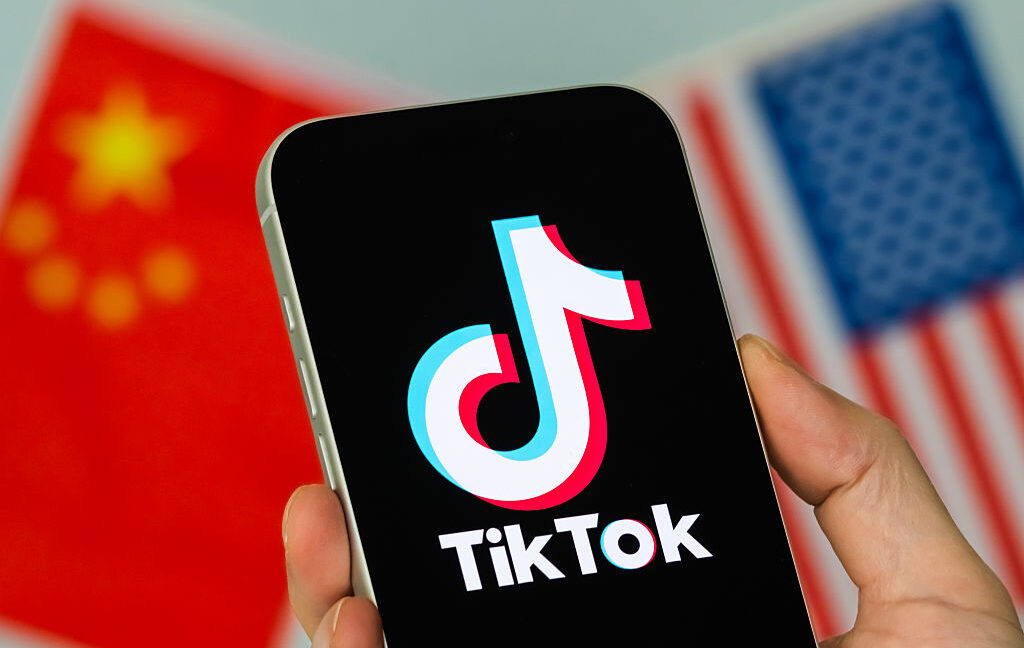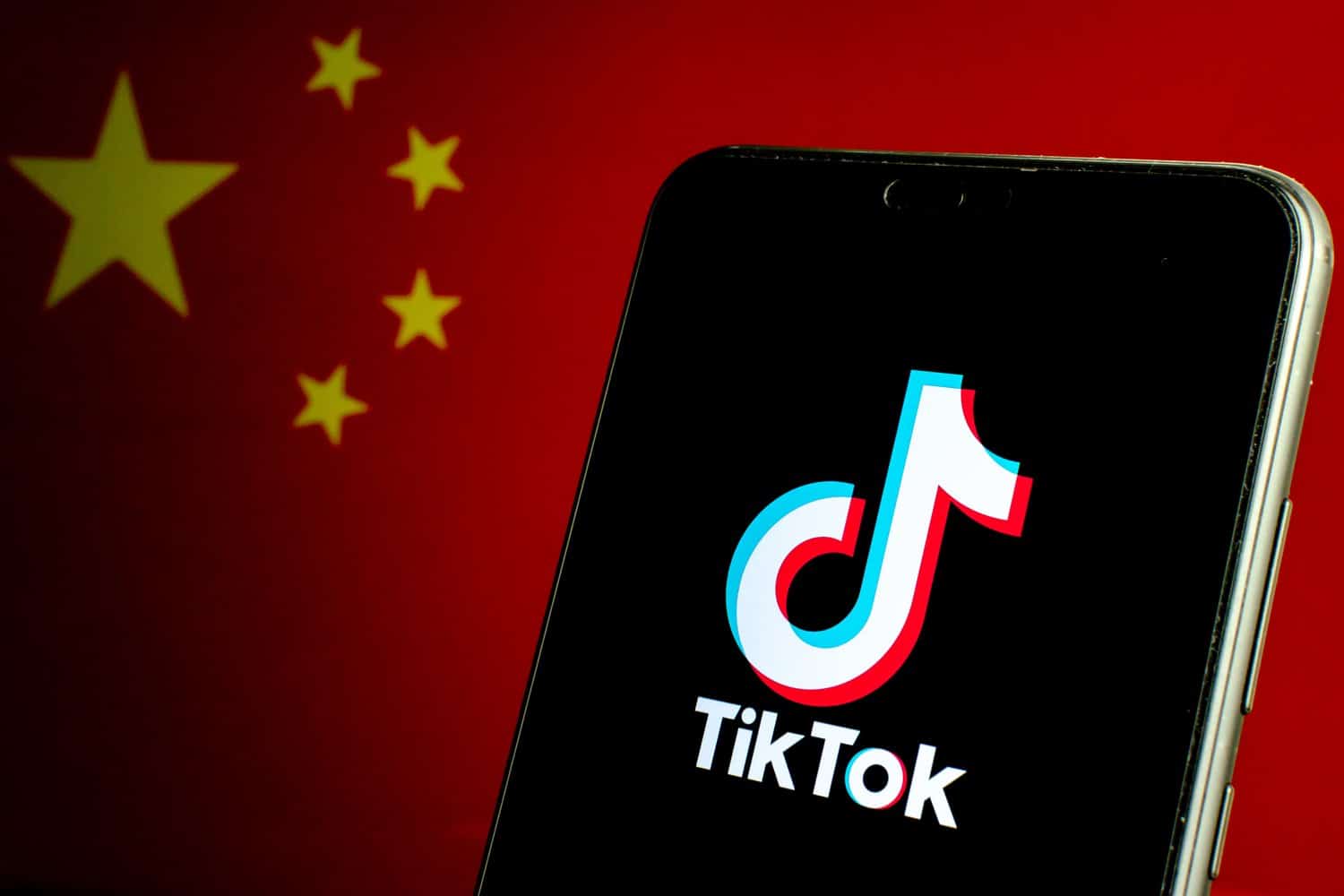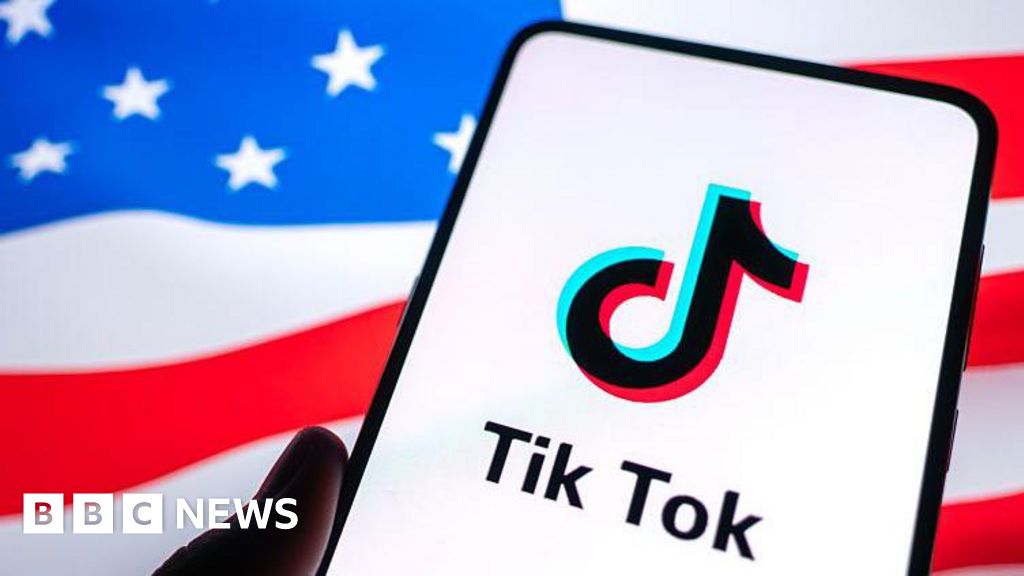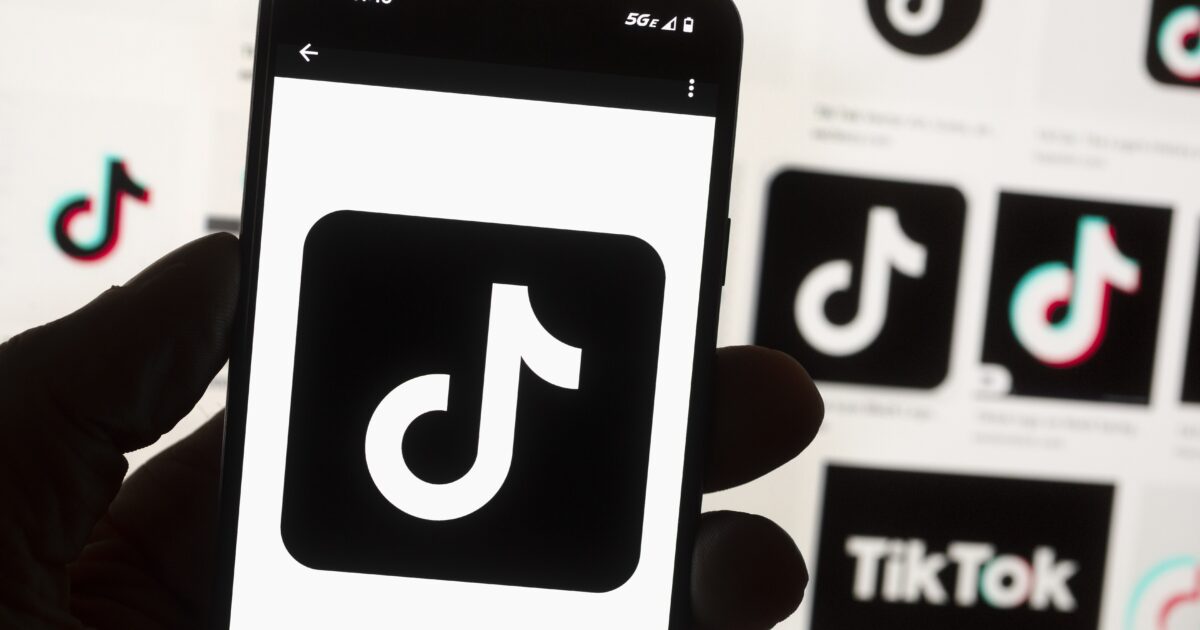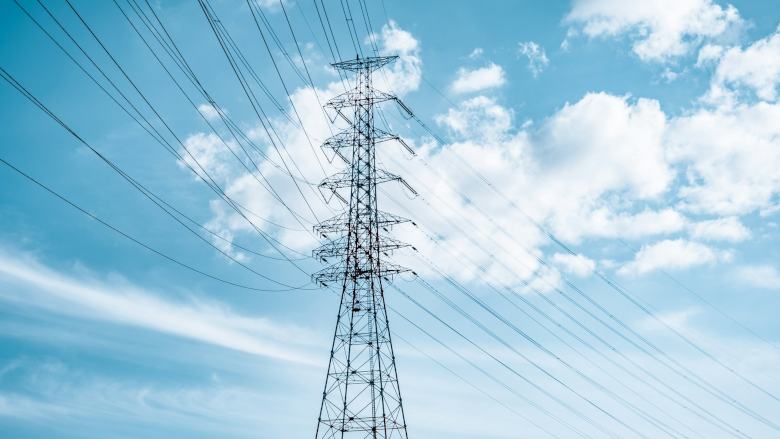#us-national-security
#us-national-security
[ follow ]
#tiktok #bytedance #greenland #trump-administration #data-privacy #china #joint-venture #us-denmark-relations
fromAxios
1 month ago"The order never came": Behind the scenes of Trump's Iran pullback
But with insufficient military hardware in the region, warnings from allies like Israel and Saudi Arabia, concern among top aides about the implications and effectiveness of the strike options, and secret backchannel talks with the Iranians, he chose not to pull the trigger. This account of Trump's decision-making over the past ten days is based on interviews with four U.S. officials, two Israeli officials and two other sources with knowledge of the behind-the-scenes discussions.
US politics
fromAxios
1 month agoTrump declares national emergency to shield Venezuelan oil cash
Trump said in the recent order, signed late Friday, that losing control of Venezuelan oil revenue would "materially harm the national security and foreign policy of the United States" by undermining efforts to stabilize Venezuela. The White House links that stability to "ending the dangerous influx of illegal immigrants and the flood of illicit narcotics" and to countering "malign actors such as Iran and Hezbollah." The order defines "Foreign Government Deposit Funds" as Venezuelan government funds in designated Treasury accounts that come from the sale of natural resources or diluents.
US politics
US politics
fromwww.mediaite.com
1 month agoTrump Rebrands Monroe Doctrine the Don-roe Doctrine' Following Venezuelan Regime Change
President Donald Trump rebranded the Monroe Doctrine, declaring Venezuela's Maduro a U.S. security threat and alleging weapon use and foreign ties without presenting evidence.
fromABC7 Los Angeles
2 months agoTrump holds an event with Rubio and Hegseth during vacation as tensions with Venezuela mount
President Donald Trump is gathering with top national security officials on Monday, a meeting that comes as the U.S. Coast Guard steps up efforts to interdict oil tankers in the Caribbean Sea as part of the Republican administration's escalating pressure campaign on Venezuelan President Nicolás Maduro's government. Secretary of State Marco Rubio, Defense Secretary Pete Hegseth and Navy Secretary John Phelan are scheduled to join Trump, who is vacationing at his Mar-a-Lago resort,
US politics
fromAxios
2 months agoTrump to allow certain Nvidia chip sales to China for 25% U.S. cut
Driving the news: Trump said on Truth Social that he'll allow Nvidia to sell H200 chips - the generation of chips before its current, more-advanced Blackwell lineup - to China, with the U.S. government pocketing a quarter of the revenue. He said he would apply "the same approach to AMD, Intel, and other GREAT American Companies." State of play: It's not dissimilar to a deal from earlier this year in which Nvidia and AMD agreed to give the U.S. 15% of the sales of its less-advanced H20 chip to China in exchange for export licenses.
US politics
US politics
fromwww.theguardian.com
2 months agoNational Guard shooting: Trump says US should re-examine' all Afghan refugees after suspect named
Donald Trump urged re-examination of all Afghan immigrants admitted under Biden after an Afghan national allegedly shot two national guard members near the White House.
fromThe Atlantic
3 months agoWhat I Learned About Dick Cheney
In his final days at the White House, Dick Cheney proposed an epitaph. His, he suggested, had been "a consequential vice presidency." It was an understatement, and characteristically oblique. Consequential might describe Lincoln or Lenin, Gandhi or Genghis Khan. Cheney was speaking of influence, and for once he acknowledged his own. He knew he had changed the nation's course, and he professed to have no regrets. After all this time, I'm still not sure whether to believe that.
US politics
fromwww.mediaite.com
4 months agoTrump Boasts About Reducing Ocean Drugs Almost Down to Nothing'
Hours later, the president took questions from reporters at the White House, where one journalist asked if the administration has the legal authority to carry out the strikes. Yes, we do, Trump said. We have legal authority. We're allowed to do that, and if we do by land, we may go back to Congress. But we have this is a national security problem.
US politics
US politics
fromBusiness Insider
5 months agoHuawei's affiliate was neighbors with Nvidia in California for a decade. US lawmakers want to know why.
Futurewei operated inside Nvidia's Santa Clara campus for about a decade, prompting congressional requests for documents over potential access to US semiconductor and AI technologies.
fromSocial Media Today
5 months agoReports Suggest That US Will Lease TikTok Algorithm from China
With the U.S. government confirming that it has the framework for a TikTok sell-off deal in place, ahead of this week's deadline for such a an arrangement to be brought into effect, more information is now coming to light as to how, exactly, TikTok will continue to operate in the region, in alignment with the Which may not quite meet the specifics of the TikTok sell-off act, which includes qualifiers relating to the operating systems of such platforms,
US politics
OMG science
fromwww.theguardian.com
10 months agoRussian satellite at centre of nuclear weapons allegations is spinning out of control, analysts say
Russia's Cosmos 2553 satellite is experiencing uncontrollable spinning, indicating possible failure and setbacks to its nuclear anti-satellite capabilities.
Marketing tech
from24/7 Wall St.
10 months agoMeta Platforms (NASDAQ: META) Price Prediction and Forecast 2025-2030 for April 16
Meta's shares showed little movement, struggling to recover from a year-to-date loss of -14.62%.
Former director's allegations of undermining national security could impact Meta's operations.
Jefferies lowered its price target on Meta, while still maintaining a 'Buy' rating.
[ Load more ]






